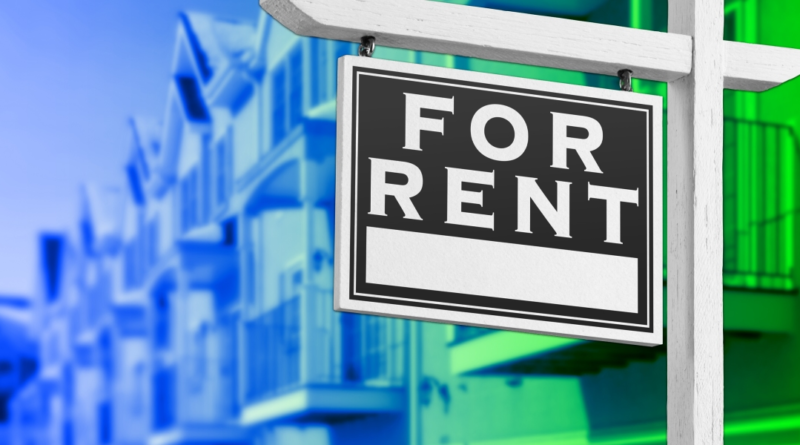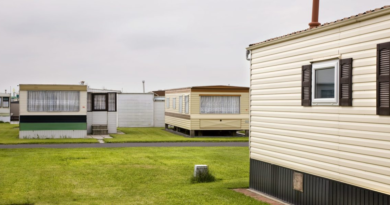Here’s how much you need to make to afford $2,000 rent
Many Americans are feeling the pressure of rising costs, but they aren’t just spending more at the checkout counter, housing costs have become somewhat unmanageable for renters, who have been forced to make tough decisions about where to live and how much of their income they should be spending on housing.
Typical asking rents at the national level now stand at $1,996, which is 6.0% higher than one year ago, according to the Zillow Observed Rent Index (ZORI). It’s also not uncommon for landlords to raise rent prices during lease renewal periods to account for inflation, increased market value, or other external factors.
Rental costs are above average in most of the top rental markets
A common rule of thumb holds that you shouldn’t spend more than 30% of your monthly income on housing or 40x the monthly rent. But, in certain metropolitan areas, you could be forced to spend way more to cover the cost of living in a larger city.
In fact, a recent report by Moody’s Analytics found that a surge in rental demand as a result of rising mortgage rates and home prices have forced many would-be buyers to stay put and continue paying rent. The report showed that last year, the share of American household income needed to rent an average-priced apartment crossed the rent-burdening 30% threshold for the first time since Moody’s began tracking this type of data.
The most recent data highlights just how steep rental prices have become, with averages in certain markets climbing well over $3,500.
How much do you need to earn to afford $2,000 rent each month?
Say you stick to the 30% rule or 40x the monthly rent, you would need to earn at least $80,000 annually to afford $2,000 per month in rent.
“Typically, 30% of gross income is considered to be the boundary of affordability. Of course, spending less will leave more cash at the end of the day, so if spending on other bigger ticket things, like travel, is important, then 20% of gross income should be considered,” says John Walkup, Co-Founder of UrbanDigs, a real estate and data analytics firm. “On the other hand, if the home is where it’s at and you’re willing to maximize your spending to be comfortable at home and don’t need other things as much, perhaps up to 40% of gross income might be your level.”
Depending on the neighborhood you’re hoping to live in, you may not be able to find a home that meets your needs and falls below that 30% threshold. In these cases, you’ll have to determine if you value your home and location more than you do some of your regular expenses. If your answer is the former, a strategic budget will be key to helping you get by.
Start by breaking down your budget into two: your income vs. your expenses. Looking for ways to boost your income by asking for a raise, picking up a side hustle, or adopting a passive income strategy like renting out your vehicle, home, or investing in dividend stocks.
Next up—review your regular expenses and decide if there are areas in your budget that could be reduced or eliminated altogether. Think: forgotten subscriptions, unused gym memberships, or excessive spending on travel, shopping, and dining out.
3 ways to save on rental costs
If you’re unable to cut costs within your budget, it may be time to reconsider your non-negotiables as you embark on your rental search or approach your lease renewal period. A few ways to save might include:
- Offering to sign a longer lease: If you’ve found your dream apartment or rental home, but the monthly rent is just outside your budget, consider signing a longer lease. Your landlord might be willing to reduce your monthly rent in exchange for a longer commitment that saves them time on finding a new tenant and guarantees them monthly rental income for a longer period.
- Going without certain amenities: Luxury amenities and apartment features are nice, but they could add to your rental costs. Going without a few of them could help you save. “Remember that averages are just averages and that each apartment is priced on its own merit,” says Walkup. “With that in mind, if most units offer a washer and dryer, units without that amenity may be cheaper. So while averages are a good guide on what to expect, in the end, they do not set the price.”
- Consider adding a roommate to your lease: If you’re open to the idea of having a roommate, adding a friend or family member to your lease could help you cut your monthly rent and upfront move-in costs in half and save on some other major household expenses.
The takeaway
If you’re not ready to become a homeowner, renting a home or apartment could be the short-term commitment you need. However, with costs on the rise, knowing how much you should be spending on rent can be tricky. Think carefully about what you consider a negotiable vs. non-negotiable variable and look for creative ways to save to help pad your rental budget.



